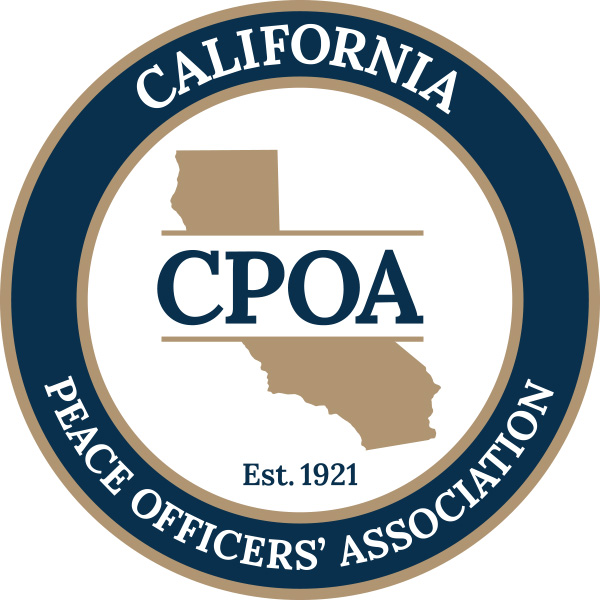By: Shaun Rundle, CPOA Deputy Director.
In Gardena, home district of Senator Steven Bradford, Governor Newsom signed a package of public safety bills that CPOA has lobbied all year. They include Bradford’s SB 2 on decertification and qualified immunity. Other bills set to become law in 2022 include measures on peace officer education requirements, kinetic energy projectile use, duty to intercede in excessive force, and arrests possibly leading to positional asphyxia.
After a year’s worth of lobbying these measures in a mostly virtual setting due to limited Capitol access, the September 30th signing of these bills marked a culmination of two years’ worth of pushing from the Legislature to reform policing practices, but often based upon incidents in states outside of California. The unfortunate and tragic killing of George Floyd in 2020 was the impetus for many of these proposals.
The bills that Governor Newsom signed into law for 2022 last week include:
- AB 26 by Assemblymember Chris Holden (D-Pasadena) – Peace officers: use of force.
- AB 48 by Assemblymember Lorena Gonzalez (D-San Diego) – Law enforcement: use of force.
- AB 89 by Assemblymember Reggie Jones Sawyer (D-Los Angeles) – Peace officers: minimum qualifications.
- AB 481 by Assemblymember David Chiu (D-San Francisco) – Law enforcement and state agencies: military equipment: funding, acquisition, and use.
- AB 490 by Assemblymember Mike Gipson (D-Carson) – Law enforcement agency policies: arrests: positional asphyxia.
- AB 958 by Assemblymember Mike Gipson (D-Carson) – Peace officers: law enforcement gangs.
- SB 2 by Senator Steven Bradford (D-Gardena) – Peace officers: certification: civil rights.
- SB 16 by Senator Nancy Skinner (D-Berkeley) – Peace officers: release of records.
The ideas behind several of the measures the governor signed, such as decertification of officers, were not what we opposed, but CPOA had ongoing concerns with either the vague language or practicality of some legislation. We were grateful to be at the discussion table all year, and while we were able to remove opposition to some of these new laws, not all of them in our view met the mutual goal of improved public safety. The policing profession will now be forced to implement statutes that might remain either open to interpretation or burdensome from a fiscal or administrative impact.
These new laws are often so vague in fact, that at our ADVANCE training conference a few weeks ago in San Diego, we had a session called “Is the Law Clear About That?” The short answer to that question, is usually “no.”
For a deeper analysis of these bills, as well as a year’s review of Fourth and Fifth Amendment Case Law, please check out our upcoming Capitol to Communities: Legislative Impact classes.


